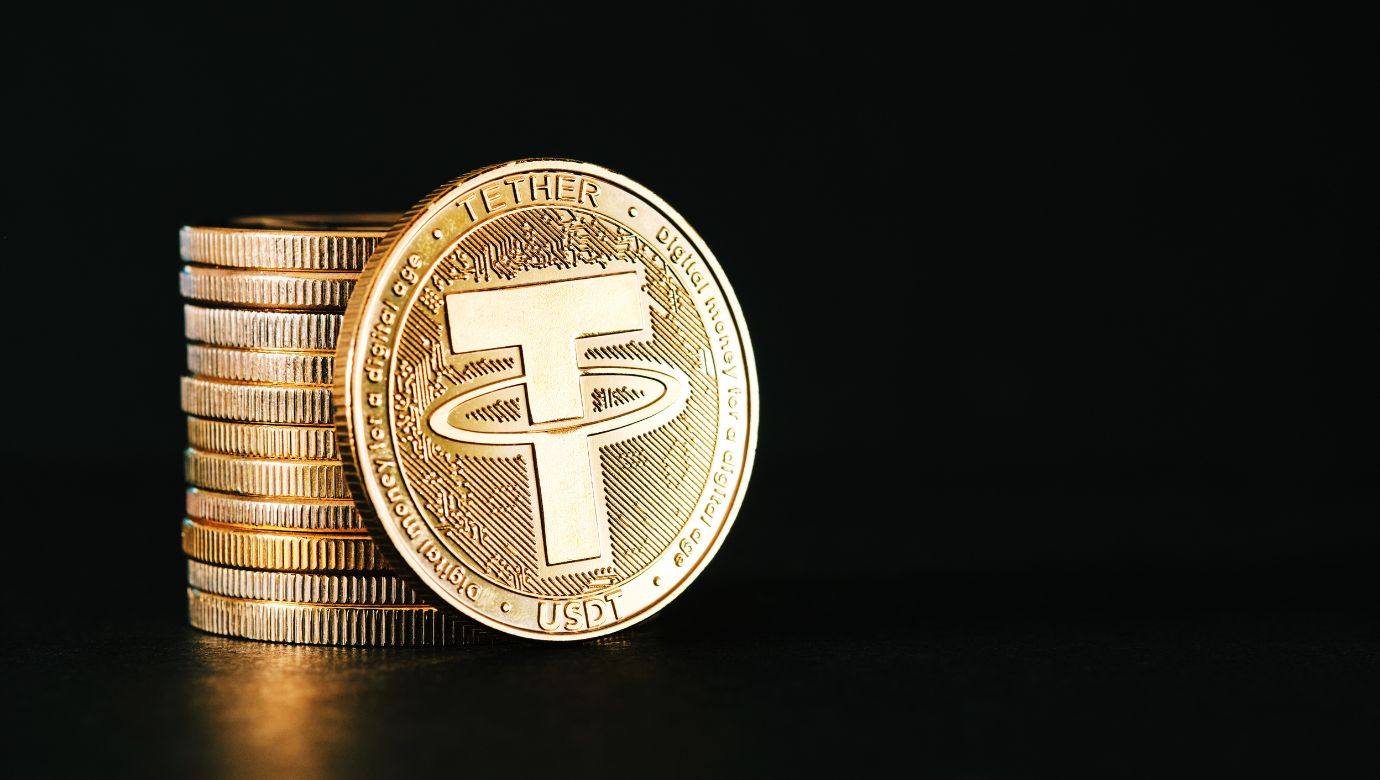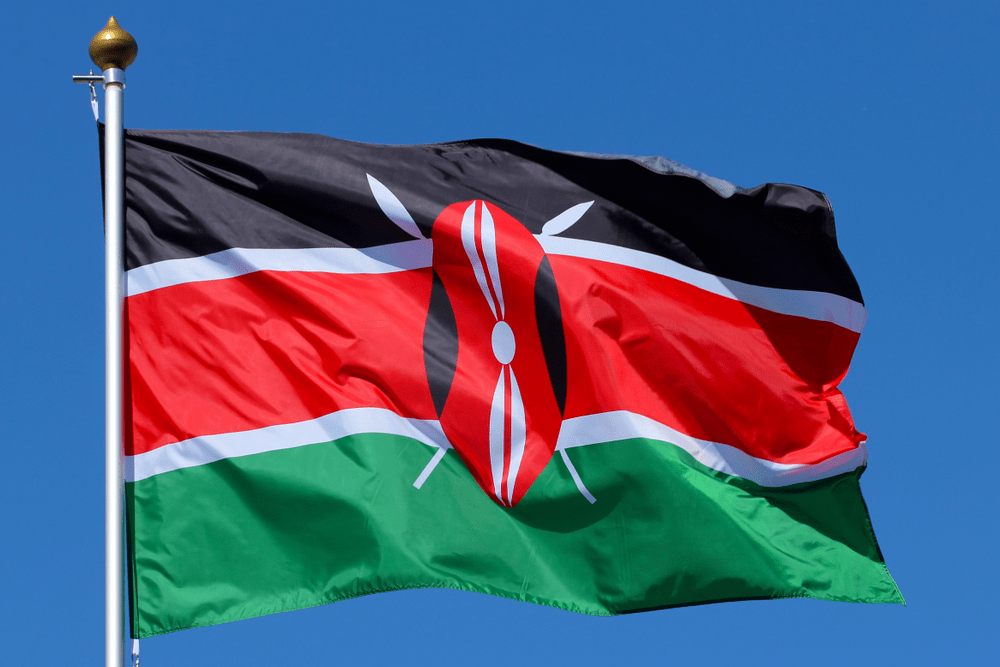Even though pumping at spot rates, Tron wasn’t spared the wrath of bears after peaking in February. Like other altcoins like Solana and Ethereum, whose prices soared to 2024 highs in March, Tron remains in red in the last month of trading and has yet to conquer recent peaks.
As TRX and ETH attempt to unwind recent losses, something else is happening: In Tron and Ethereum, the demand for USDT, the world’s most valuable stablecoin, is rapidly falling.
USDT Minting Activity On Ethereum And Tron Falls From $7 To $1 Billion
One analyst on X noted that the decline in minting activity, and thus, general blockchain utilization in both networks, has seen USDT issuance fall from 7 billion to just 1 billion as of early July.
This decline, which mirrors the price contraction in June, points to reduced trading activity and free-falling demand for cryptocurrencies during that period.
Despite Ethereum being dominant, Tron is a preferred network for users seeking to mint USDT. Unlike the world’s first smart contracts platform, Tron is scalable and cheap to transact.
Progress has been made to scale Ethereum. The rise of more than a dozen Ethereum layer-2 platforms like Base and Arbitrum helps to cement its position as the largest ecosystem.
Related Reading: Sony Enters Into Crypto With Acquisition Of Amber Japan
Although gas fees have been declining over the months, developers have been making good progress in making layer-2 transactions way cheaper via upgrades like Dencun.
Through this update, users who would otherwise mint tokens like meme coins or stablecoins on Tron can opt to do so on Ethereum layer-2 solutions like Arbitrum.
The drop in USDT minting across Ethereum and Tron suggests that demand for crypto is dropping. Usually, whenever there is bulk minting of USDT, Bitcoin and crypto prices tend to rise.
Therefore, until USDT minting activity resumes in these top smart contracts platforms, the prices of Bitcoin and top altcoins will likely remain suppressed.
Tether Partners With Uquid, Stops Minting On EOS and Algorand
On July 1, Tether joined hands with Uquid to enhance payments in the Philippines using the TON blockchain. The goal is to modernize payment processes for Southeast Asia’s government-run Social Security System. Beyond this, the objective is to make payments more secure, faster, and efficient.
Even as Tether, the issuer of USDT, strikes more partnerships, it also announced the termination of USDT minting on Algorand and EOS networks. USDT redemptions will, however, continue for the next year.

Though EOS and Algorand are out, USDT can be minted on over ten platforms. CoinMarketCap says over $110 billion of the token has been cumulatively minted.
Feature image from Canva, chart from TradingView
Credit: Source link














































